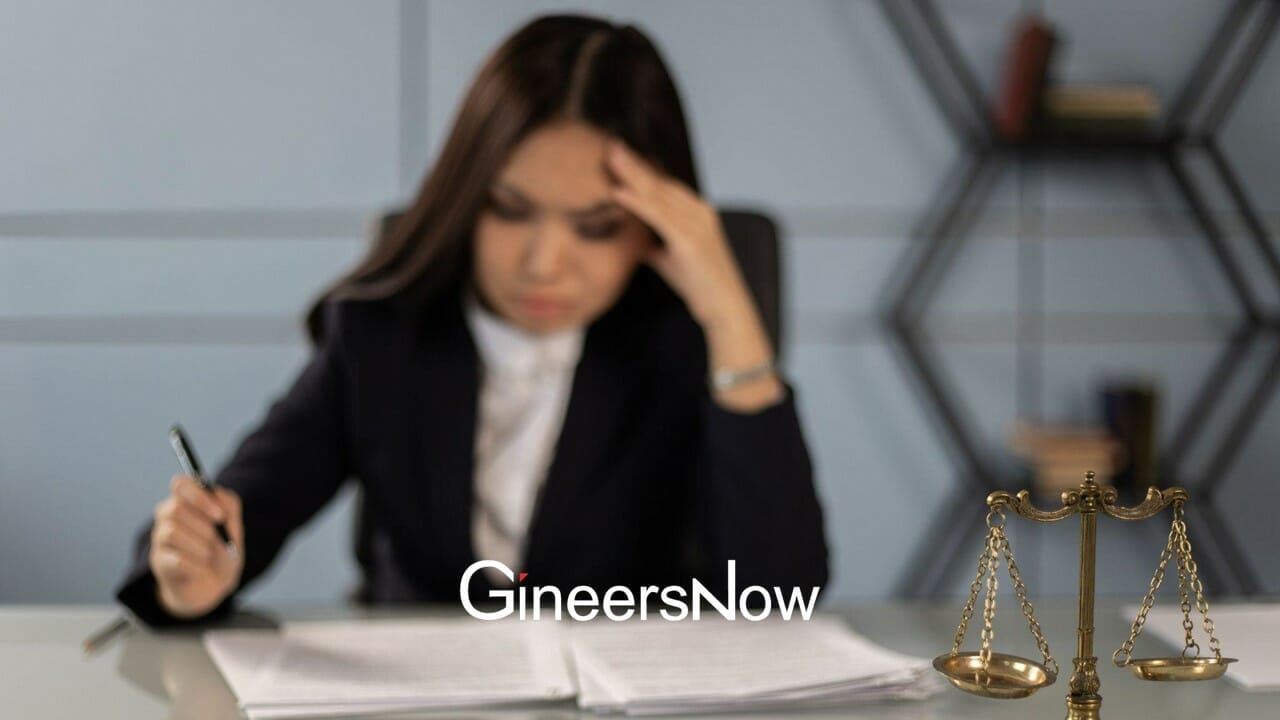What Laws Should Engineers Know?
Laws have an impact on every profession, including engineering. Whether you’re a civil, mechanical, chemical, electrical, or industrial engineer, your firm must adhere to codes and regulations. Since your profession deals with high-tech concepts and products, the laws that regulate it are also complex. You also operate in a litigious society. These reasons make it all the more necessary to understand and follow the law.

Which Types Of Laws Are Relevant To Engineers?
As an engineer, you’ll be more productive if you understand these business regulations:
- Contract Laws
You’ll need to sign contracts regularly after negotiating with clients. These legally binding agreements form a central aspect of your occupation. Contract law helps you understand your rights and obligations while avoiding lawsuits that could arise from accidental contract breaches. Specifics include essential elements of engineering contracts, payment mechanisms, risks, terms, and dispute resolution.
- Tort Laws
Tort law is the other major division of civil law. A tort refers to civil malpractice against an individual or their business, reputation, or property. In engineering, tort laws primarily address civil injuries caused by negligence. Courts issue monetary awards depending on assessed damages. Although liability can be a complicated issue, understanding the basics is the first step in protecting yourself and your business.
- Intellectual Property (IP) Laws
Intellectual property has broad applications, so you’ll encounter it regularly in your occupation. These laws cover copyrights, proprietary designs, and patents. Failure to understand them could result in infringements on other people’s IP rights or unknowingly forfeiting your own. In addition to general IP laws, some companies formulate their policies. As an engineer dealing with such entities, it’s advisable to understand how these guidelines affect your work.
- Workplace Laws
You might need to familiarize yourself with laws about hiring, workplace safety, and compensation. Various state and federal regulations address these considerations, with safety being a high priority. Even though engineering workshops produce products that increase convenience, they’re also responsible for thousands of accidents.
Engineering machinery is likely to cause injury through drilling, bending, grinding, sawing, heating, and pressing. Workers can also trip, slip, get hurt by sharp objects, and experience electrical shock. Examples of health concerns in engineering are skin irritation, occupational asthma, loud noise, and illness or death from chemical solvents.
Studies show a significant reduction in workplace accidents for organizations that follow OSHA guidelines. The OSH Act outlines employer responsibilities that you should know. They include offering safety training, informing employees about chemical hazards, performing safety tests, and providing personal protective equipment.
The U.S. Equal Employment Opportunity Commission (EEOC) is responsible for enforcing these anti-discrimination laws. Employment lawyers are well versed in their effects on your engineering firm.
















